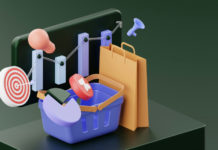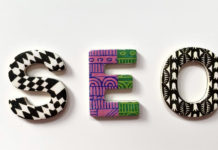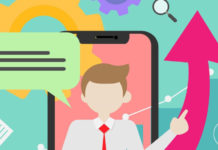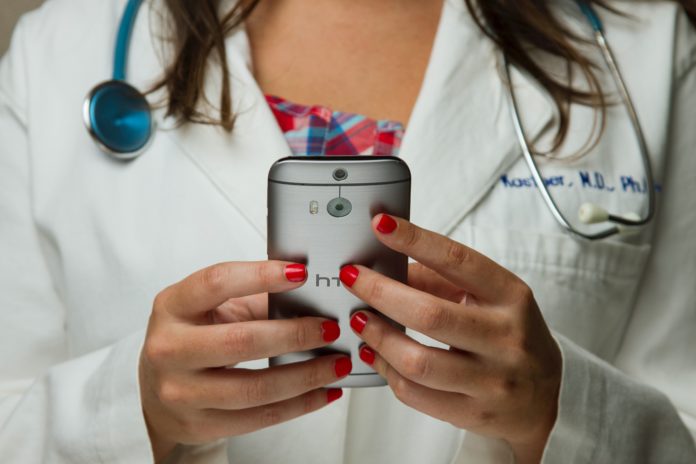Mobile devices have become commonplace in every industry and setting, including healthcare. Healthcare professionals and institutions are already using a wide variety of digital solutions to provide the best care services while optimizing their work.
While some professionals and institutions use ready-to-go systems, others hire a healthcare app development company to build custom solutions. In a world where 5.27 billion people have access to a mobile phone, ensuring seamless healthcare should be easy and affordable.
There are a lot of advantages for healthcare professionals and businesses if they are using digital healthcare solutions. Not only to them, but even the patients stand to gain from the merger between mobile application technology and healthcare.
With this in mind, let’s look at the top advantages of mobile app development for healthcare providers.
Benefits of Digital Healthcare Solutions
Accessible Remote Care
Inability to access or reach a healthcare provider on time is one of the major issues people face, especially in rural and remote areas across the world. Healthy People 2020 states that access to healthcare is essential to ensure complete physical, mental, and social health.
Plus, it is required to prevent disease, detect an illness, provide timely treatment, increase the quality of life and expectancy. As healthcare programs and initiatives rarely penetrate the rural areas, mobile technology can help bring these programs to rural areas.
Instead of a team of doctors and assistive staff struggling to visit remote places, digital healthcare solutions like telemedicine can be used to compensate for a larger proportion of the professionals. As a result, only a few people can reach the spot while others can assist them virtually.
Medicine Adherence
Healthcare providers can find it difficult to ensure patient’s adherence to medicine. Using a mobile application, the patient can get access to an automated support system for taking medicines, getting refills, and other sorts of information.
If a healthcare provider has hired a healthcare app development company to build a custom solution, they can connect the patient’s medical chart to their system. This will further reinforce medicine adherence as missing refills or missing the stated doses will notify the provider’s system.
Some adherence mobile apps can also be used by the providers and patients to synchronize the medicine schedules.
IoT Enabled Healthcare
With mobile apps being used in healthcare, we can also bring IoT-based solutions on board. One of the major benefits of IoT based healthcare solutions is data collection.
For instance, patients can be asked to get wearables. These devices track the major biomarkers and send the information to a secure server. With the healthcare provider connected to that server, they can access this information and monitor the patient’s health in real-time.
The wearables can also help the healthcare professionals take proactive approaches as they can now observe a patient’s health markers remotely, especially when the vitals go beyond the set threshold.
Here too, the healthcare professionals and institutions have the option to hire a healthcare app development company or use one of the many existing solutions.
Better Communication
Using mobile applications for sharing patient files, records, and other information has become a common thing today. But with better and specially built mobile applications, a doctor and patient can also interact on encrypted networks and follow the privacy guidelines set within HIPAA.
Besides sending messages, a patient and provider can communicate via voice or video, which is comfortable for both sides. Communicating with a healthcare provider was never an issue, but by taking technology’s help, we can make communication accessible and easy for everyone.
Manage, Maintain, and Record Data
Securing and storing patient data is vital for every healthcare provider. Against the earlier methods of making files and manually storing them in cabinets, they can use mobile applications to collect and retrieve data instantly.
Moreover, digital healthcare solutions with access-control settings can prevent unauthorized access, making every type of data secure. You can ask a healthcare app development company to build a customized solution connected to your healthcare institution and its patients.
In more advanced settings, the doctors and assistive staff can evaluate the scans through a mobile device and save the same for later correspondences.
Patient Management
Every healthcare institution requires an Electronic Health Record (EHR) to create, edit, and import a patient’s file. We have shifted from folders to computers to mobile devices that help create an EHR for the healthcare institution.
The benefit of using a relevant mobile app here is quick access to information leading to quick clinical decision making. Compared to the time required for locating a physical file, a mobile application can quickly get the same information from the server.
Effective Treatment
Doctors and their assistive staff may have gained the knowledge from years of study and experience, but to err is human. So, to help them here, mobile apps have been to assist doctors in generating different differentials.
These applications ensure that no alternative diagnosis for a patient are not missed and that the doctors are following the due process to treat the patient. The healthcare professionals can access flowcharts of how the treatment should go about.
Going one step further, a healthcare app development company can help healthcare providers build a custom solution on similar lines. They can also add the normal reference values that are supposed to be compared after taking diagnostic tests.
A mobile app can flag the abnormal values and interpret their cause to assist the doctors in making the right decisions.
Conclusion
The integration of mobile apps and mobile technology in medicine and healthcare is exciting, beneficial, and promising. While we already have a long list of benefits, more will be added as the connection grows stronger and the technology advances.
As a result, we can expect mobile apps to further improve the diagnostic and treatment accuracy, increased efficiency, and higher productivity in terms of sharing the right information, avoiding contraindications, and faster file processing.
It won’t be wrong to say that adding digital healthcare solutions to healthcare will continue to improve the understanding and ensure better clinical outcomes in the future.




































